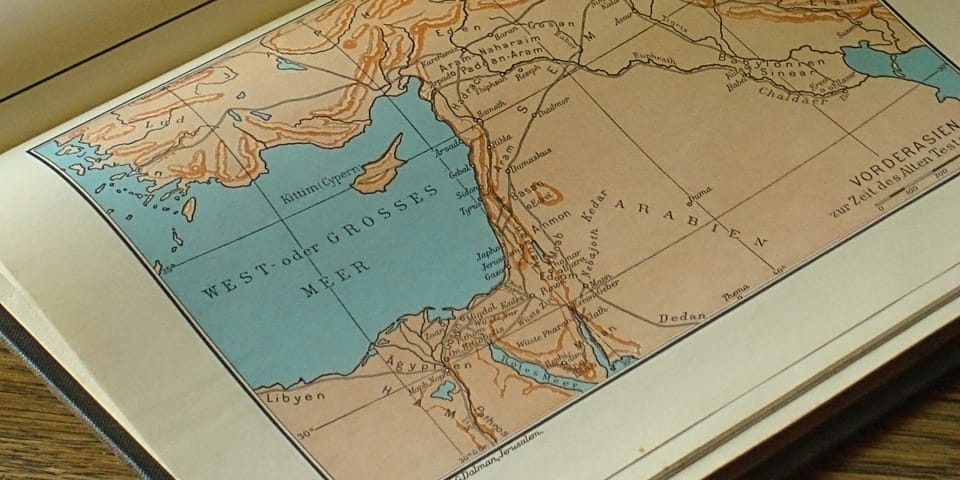My Theological Journey

In 2005, after attending Calvin College, I began attending a Reformed (PCA) church. The 'Young, Restless, Reformed' movement was gaining steam, and I was quickly enraptured with the history, heritage, and theological prestige the tradition offered. My reading list of Edwards, Calvin, Keller, and Piper spilled over from my nightstand onto the floor.
In 2008, I was blessed to be part of a church plant that was boldly part of the 'New Christian Urbanism' movement modeled by Tim Keller and others. This exciting time is what I call my 'Reformed infatuation' phase. The church plant had early success, and our community life was growing encouragingly. Likewise, my personal life soon became very busy with marriage, young kids, my career, and my role as a deacon. Within a few years, my leisure reading time grew thinner, and theological studies took a backseat.
In the years to come, as I read the Bible, I was curious why the 'Covenant of Works' and the 'Covenant of Grace' that I read so much about were hard to find in the text. Instead, I mostly found references to the covenants God made to Israel. But in Reformed Theology, Israel takes a backseat as soon as Jesus arrives on the scene, New Covenant in tow. I started to recall earlier voices from my past about the centrality of Israel to the Bible.
I didn't grow up in the Reformed church. I was fully immersed in 90s youth group culture in a non-denominational church, with a few lingering traces of dispensationalism thrown in. I remember attending a weekend Bible prophecy seminar in high school, where I heard the speaker expound on his prophecy charts. I read the Left Behind novels; they didn't faze or traumatize me, and neither did they dogmatize my eschatology.
However, the biggest theological influence in my teenage years was my Dad, who had discovered the long-lost teachings of Messianic Judaism. Thoroughly Gentile himself, my Dad had traded the nominal Lutheranism of his youth for various flavors of Baptist churches and then, finally, into a more Israel-friendly non-denominational church. His curiosity about the supernatural led him to explore the mysteries of the Bible. All around the house, he left copies of Biblical Archaeology Review, books about Vendyl Jones and Ron Wyatt, and other works that piqued my interest as a teenage bookworm. But the most significant books, for him and me, were those by organizations such as First Fruits of Zion. In these books, visionary Jewish and Gentile voices revealed how the fulfillment of Israel's covenants was the primary story of the Bible.
In my early 30s, I picked up this heritage for myself. While I still attend the PCA church I helped to plant, I've decided the Covenants belong to Israel, not the Gentile church or the 'elect'. At church, I try not to be disruptive or cause unnecessary strife. Still, the theological gap is difficult to bridge. As we near the eschaton, it's time for the Reformed church to repent of 'Covenant Theft' and return the covenants to Israel.
